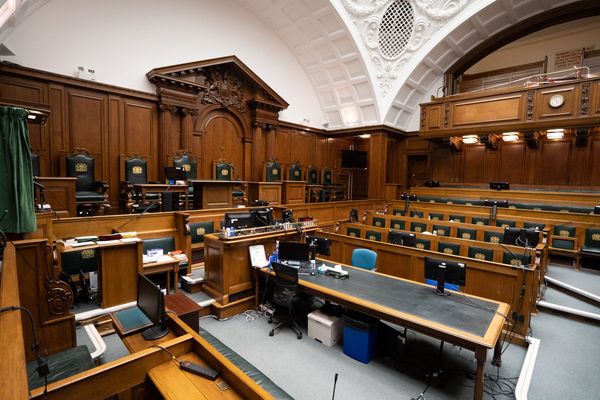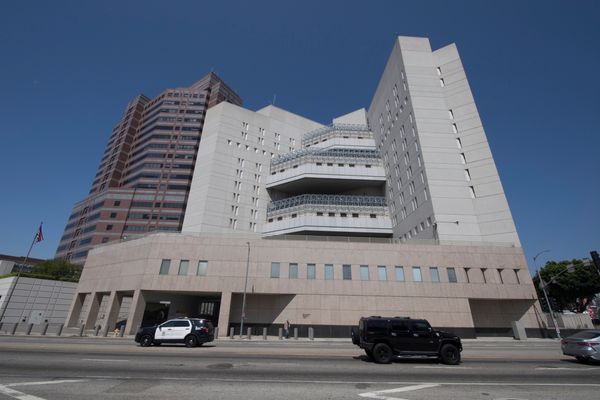
Islamabad (AFP) - Pakistan Prime Minister Imran Khan was to address the nation Thursday night as debate on a no-confidence motion against him in parliament was postponed.
No Pakistan premier has ever seen out a full term, and Khan is facing the biggest challenge to his rule since being elected in 2018, with opponents accusing him of economic mismanagement and foreign-policy bungling.
The government is also battling to contain a rise in militancy by the Pakistan Taliban, which on Wednesday announced an offensive against security forces during Ramadan, which is due to begin with the sighting of the next new moon.
Debate on the no-confidence motion was due to start Thursday, but the deputy speaker suspended proceedings when legislators declined to first address other items on the agenda.
"I and the whole nation demand an immediate voting on the motion of no confidence," said Marriyum Aurangzeb, a senior opposition leader, to chants of "vote".
"It seems that no one is interested in the question-answer session, therefore the session is suspended," said deputy speaker Qasim Khan Suri, from Khan's ruling Pakistan Tehreek-e-Insaf (PTI) party.
Shehbaz Sharif, tipped to become the next prime minister if Khan is ousted, condemned the suspension.
"The deputy speaker has once again dishonoured the paramilitary norms by not allowing the agenda item for a debate," he told reporters outside the parliament.
The PTI effectively lost its majority in the 342-member National Assembly Wednesday when a coalition partner said its seven lawmakers would vote with an opposition alliance.
More than a dozen PTI lawmakers have also indicated they will cross the floor, although party leaders are trying to get the courts to prevent them from voting.
In the past, parties have resorted to physically preventing lawmakers from voting against key legislation by blocking access to the national assembly, leading to cat-and-mouse chases and even accusations of kidnapping.
Feuding dynasties
The opposition is headed by the Pakistan Muslim League-N (PML-N) and the Pakistan People's Party (PPP) -- two usually feuding dynastic groups that dominated national politics for decades until Khan forged a coalition against them.
He was elected after promising to sweep away decades of entrenched corruption and cronyism, but has struggled to maintain support with inflation skyrocketing, a feeble rupee and crippling debt.
Some analysts say Khan has also lost the crucial support of the military -- claims both sides deny -- and Pakistan's army is key to political power.
There have been four military coups -- and at least as many unsuccessful ones -- since independence in 1947, and the country has spent more than three decades under army rule.
If Khan loses the vote, a new government could be headed by the PML-N's Sharif, the brother of former prime minister Nawaz Sharif, who has not returned since being released from jail to get medical treatment abroad.
Also given a senior role will likely be the PPP's Bilawal Bhutto Zardari, son of assassinated former prime minister Benazir Bhutto and ex-president Asif Zardari.







